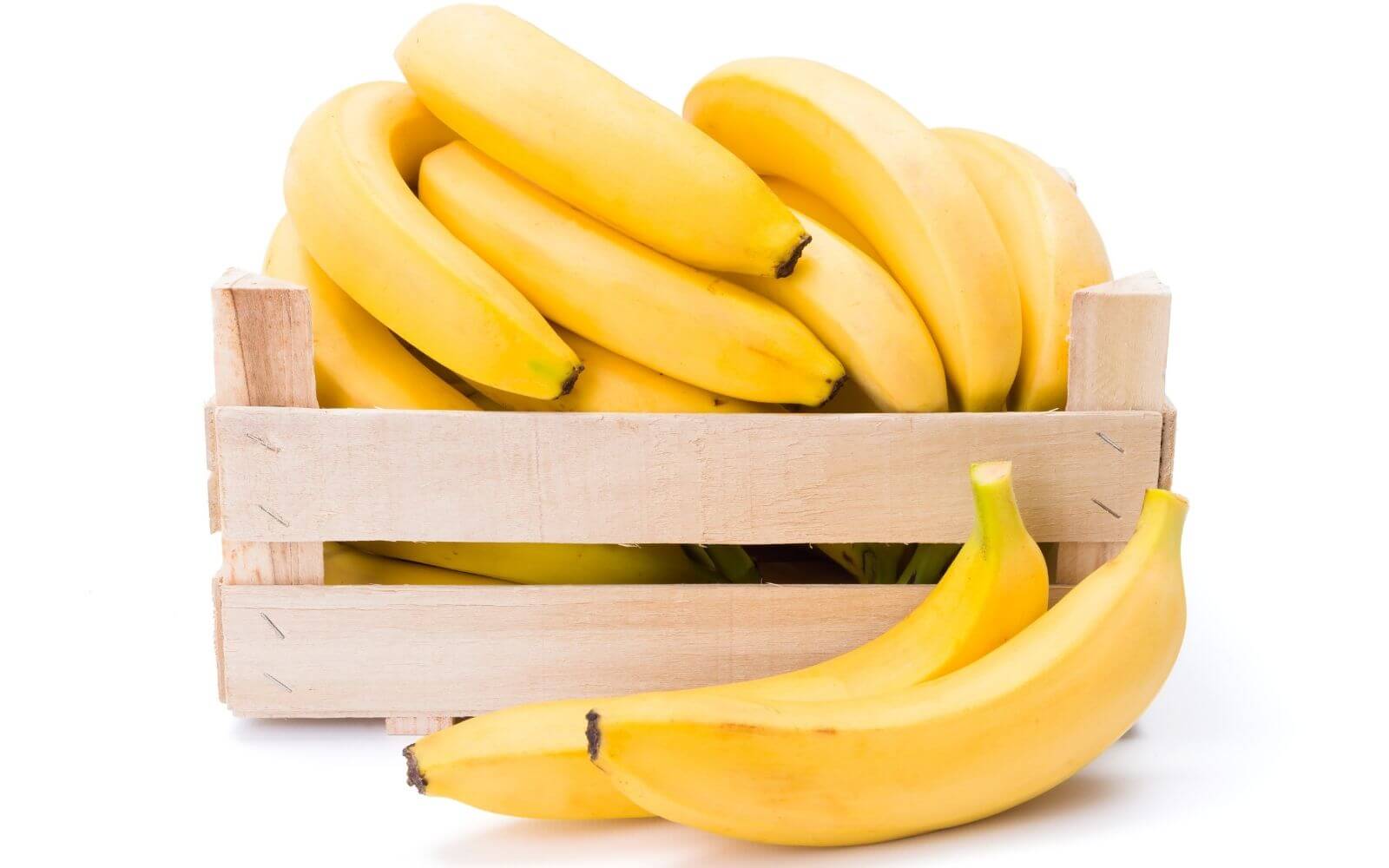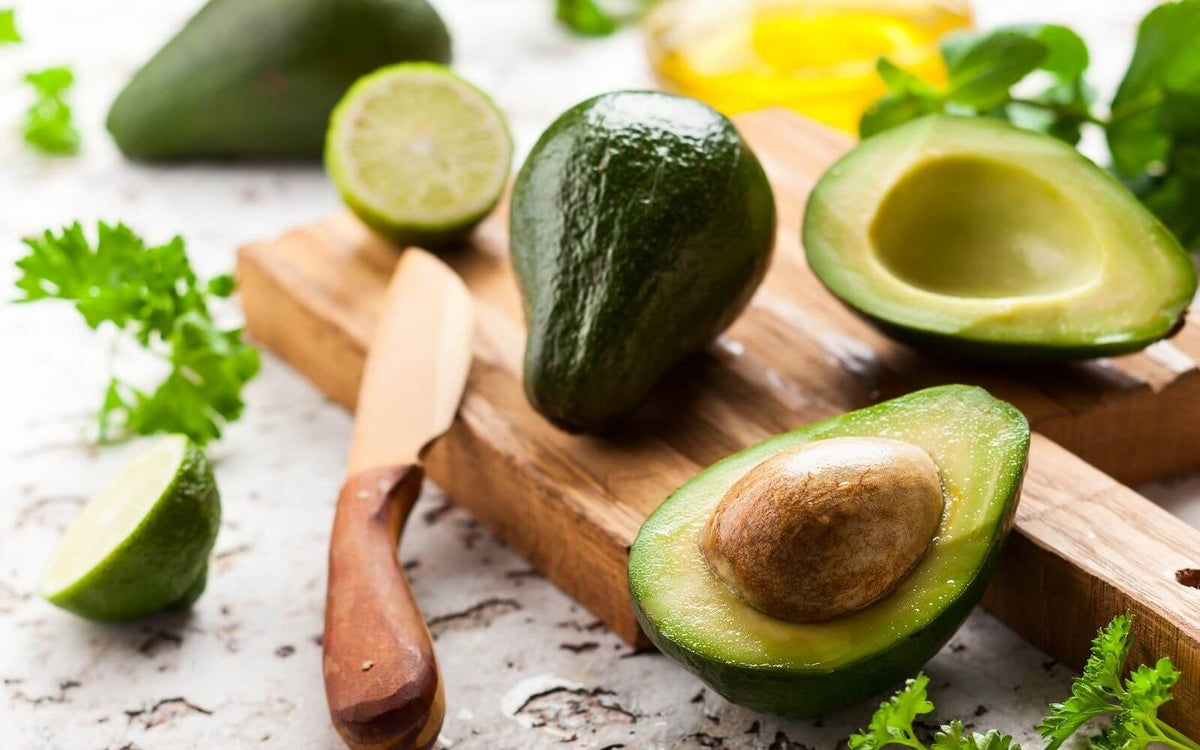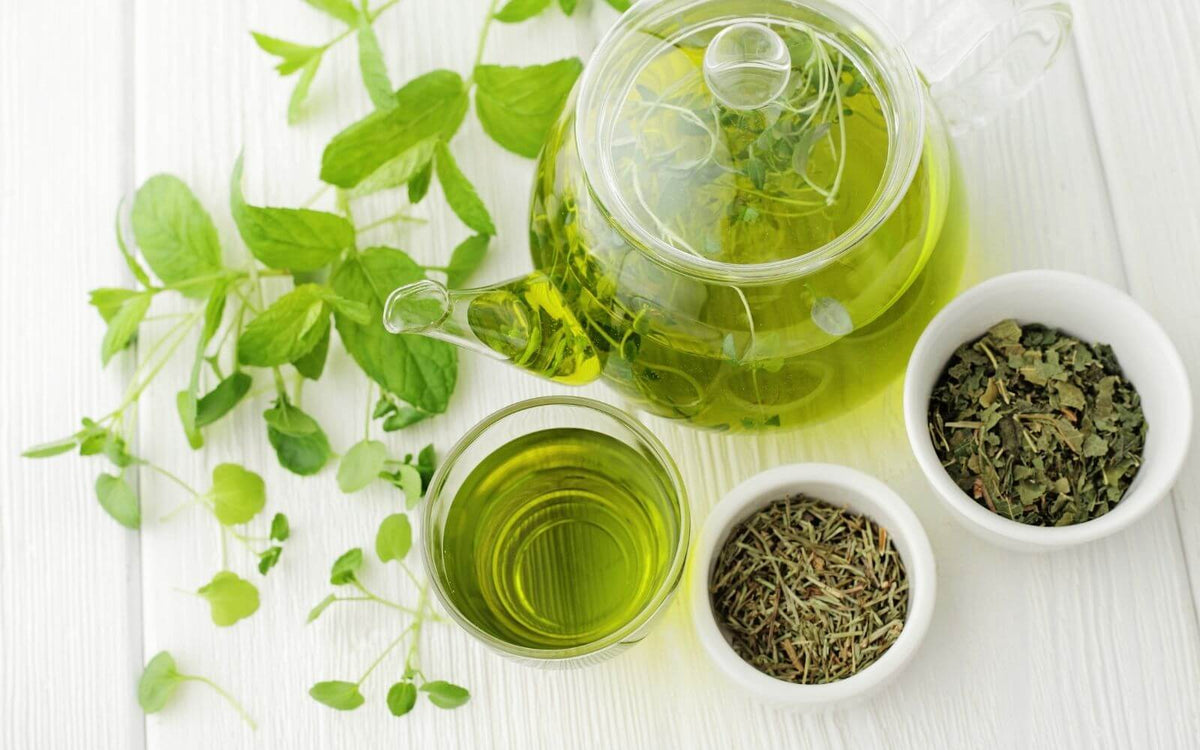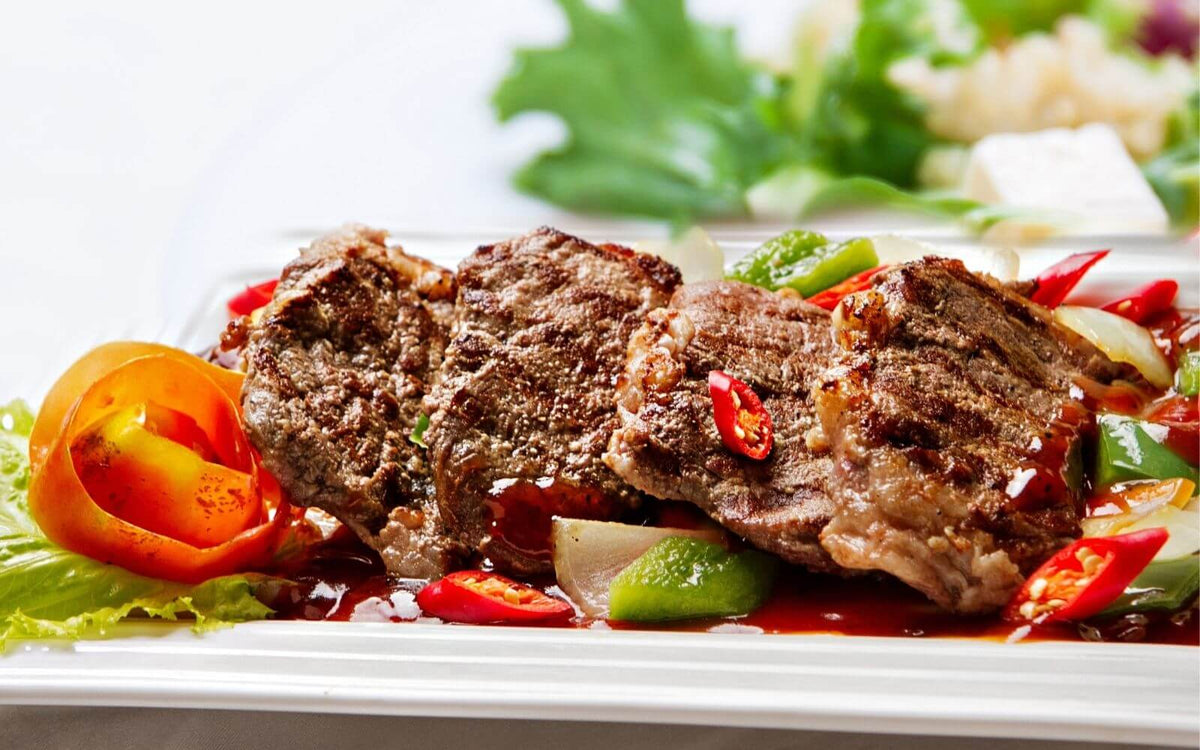10 Banana Benefits

10 Banana Benefits
Bananas are an incredibly delicious and easy-to-eat fruit. According to the U.S. Census Bureau Americans eat more bananas each year than any other fresh fruit. Besides being just convenient this native Southeastern Asian fruit has a variety of health benefits. In this article we discuss the benefits of a banana, nutritional facts, and even recipes for banana bread.
Nutritional Facts About Bananas
Bananas contain a fair amount of fiber as well as several antioxidants.
- Protein: 1 gram
- Carbs: 29 grams
- Fat: 0 grams
- Sugar: 14 grams
- Fiber: 3 grams
- Vitamin C: 12% of the RDI (recommended dietary intake)
- Copper: 11% of the RDI
- Potassium: 10% of the RDI
- Magnesium: 8% of the RDI
- Riboflavin: 7% of the RDI
Bananas consists almost entirely of water and carbs. They contain little to no protein and fat.
How Many Calories Are In A Banana?
One medium-sized banana contains anywhere from between 105 to 114 calories.
Health Benefits of Bananas
From improving blood sugar levels to supporting digestive health and exercise performance there are many health benefits of bananas.
1. Can Improve Blood Sugar Levels
Bananas are high in soluble fiber. Soluble fiber dissolves in liquid to form a gel. This is also what gives bananas their spongey-like texture. This type of fiber can help regulate and moderate your blood sugar levels and may help regulate your appetite by delaying the emptying of your stomach.
Even though bananas contain a fair amount of carbs they are unlikely to cause a major spike in blood sugar levels. It's still not recommended, however, to enjoy a large portion in one sitting.
2. May Aid In Weight Loss
Although there is not a study that has directly tested bananas' effects on weight loss they are still known to be a weight-loss friendly food. To begin with, bananas contain very few calories relative to the nutrients they contain. Eating more fiber from fruits and vegetables has also been linked to lower body weight and weight loss.
3. Can Support A Healthy Heart
Potassium, a mineral in bananas and perhaps what bananas are most known for, is vital for heart health and blood pressure management. Unfortunately, studies suggest that a large percentage of individuals struggle to get enough potassium in their diet.
Additionally, magnesium, another mineral that is vital for heart health can also be found in bananas. Magnesium deficiency is linked to an increased risk of heart disease, higher levels of fat in the blood, and elevated blood pressure.
4. Can Support Digestive Health
An increased intake of fiber has been linked to many impressive health benefits including improved digestion. One banana contains around 3 grams of fiber. What's more, resistant starch, a type of fiber found in unripe bananas is a prebiotic. Probiotics escape digestion and wind up in your large intestine, where they become food for the beneficial bacteria.
Interestingly enough, test-tube studies indicate that pectin, a fiber in bananas may help protect against colon cancer.
5. Full of Antioxidants
Various fruits and vegetables like berries, bananas, and kale are excellent sources of antioxidants. Bananas contain several potent forms of antioxidants including flavonoids and amines. Antioxidants are linked to a reduced risk of heart disease as well as various degenerative illnesses.
Without antioxidants free radicals can build up over time and cause damage if their levels become high enough in the body.
6. May Help You Feel Fuller
Since bananas are full of soluble fiber they may help keep you feeling fuller for longer by slowing digestion and adding bulk to your digestive system. High-quality protein is also filling, however, bananas are low in this macronutrient.
For a delicious and filling snack try adding some peanut butter or greek yogurt to your banana.
7. Can Improve Kidney Health
Research shows that potassium is vital for blood pressure regulation and healthy kidney function. For example, one study that included over 5,000 people with early stage chronic kidney disease found that potassium consumption was linked to lower blood pressure levels and a slower progression of kidney disease.
8. May Improve Insulin Sensitivity
Insulin is a peptide hormone that regulates the metabolism of carbohydrates, fats, and protein by promoting the absorption of glucose from the blood into liver, fat, and skeletal muscle cells. Insulin resistance is a significant risk factor for developing type 2 diabetes as well as other chronic diseases.
Studies suggests that consuming resistant starch like that found in unripe bananas may improve insulin sensitivity and make your body more responsive to this blood-sugar-regulating hormone.
9. Can Support Exercise Recovery
If there is such a thing as the perfect quick-food for athletes well, it might as well be bananas. This is in large part due to it being an easily digested carb, as well as minerals magnesium and potassium that act as electrolytes.
You lose electrolytes through sweat when exercising. Refueling your body with potassium and magnesium, like eating a banana for example, may reduce exercise-related muscle cramps. Overall, bananas provide excellent quick nutrition for before, during, or after your workout.
10. Easy To Incorporate Into Any Diet
Bananas are easy to incorporate into any diet anytime throughout the day. They make a simple addition into your yogurt, cereal, peanut butter & jelly sandwich (you'll thank us later), and smoothies. They are also convenient to take on the go and are usually well tolerated and easily digested.
Are Bananas A Carb?
This is a commonly asked question: yes. Bananas are considered to be a carbohydrate.
10 Benefits Of A Banana Summary
Bananas are delicious and easy-to-eat. Americans consume more bananas each year than any other fresh fruit. They are high in vitamin C, potassium, copper, fiber, and magnesium. Bananas are in fact a carb and contain roughly only 105 calories per serving.
From improving blood sugar levels to supporting digestive health and exercise performance there are many health benefits of bananas.
Extra: Recipes For Banana Bread
Okay, let's face it. Banana bread is good. No, it's absolutely fantastic. Here is our favorite banana bread recipe.

Banana Bread Ingredients
10 ingredients is all it takes to make the best banana bread you've ever had.
- 1 cup of granulated sugar
- 8 tablespoons unsalted butter
- 2 large eggs
- 3 ripe bananas
- 1 tablespoon milk
- 1 teaspoon ground cinnamon
- 2 cups all-purpose flour
- 1 teaspoon baking powder
- 1 teaspoon baking soda
- 1 teaspoon salt
Directions
1. Preheat your oven to 325°F and butter a 9 x 5 x 3 inch loaf pan.
2. Until light and fluffy, cream the sugar and butter in a large mixing bowl. Add the eggs one at a time and beat well after each addition.
3. In a separate smaller bowl mash the bananas with a fork. Pour in the milk and cinnamon. Mix together the flour, baking powder, baking soda and salt in another bowl.
4. Add the banana mixture to the creamed mixture and stir until blended together. Add in the dry ingredients and mix until the flour disappears.
5. Pour batter into the prepared and buttered 9 x 5 x 3 inch loaf pan and bake for 1 hour to 1 hour and 10 minutes until you can enter a toothpick (or a fork) into the center of the bread and it comes out clean.
6. Once complete, let is cool for 15 to 20 minutes before cutting and removing.
7. Enjoy!
Leave a comment
Comments will be approved before showing up.
Also in Nutrition

The Benefits of Avocados

The Benefits of Green Tea








